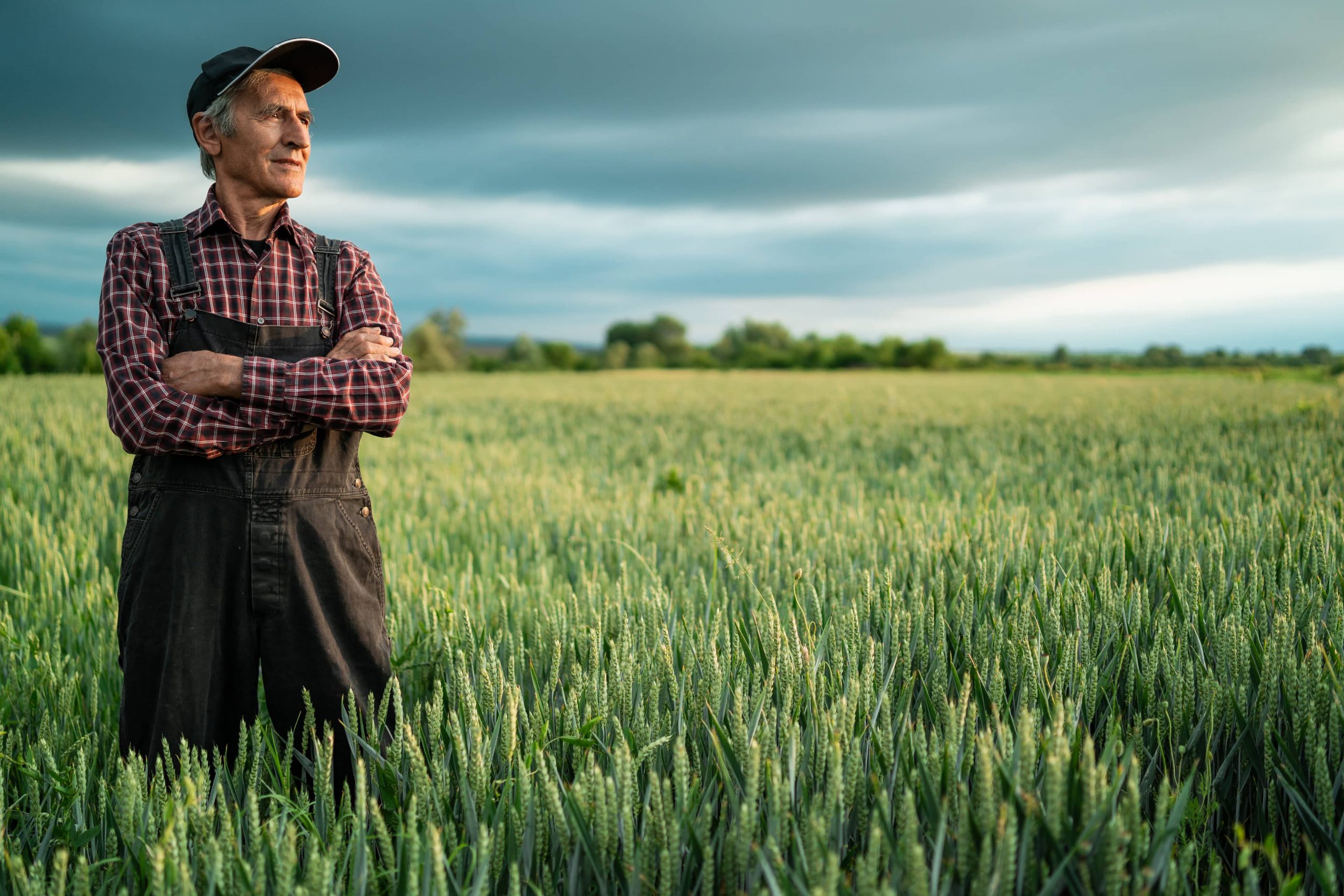
By 2050, there will be nearly 10 billion people on Earth, which is about three billion more mouths to feed than there were in 2010. Given the economic and environmental costs of current industrial agricultural practices and volatile weather conditions, one can’t help but wonder if we will be able to produce enough food to sustain our population in the future. Recognising this, Indigo AG wants to increase our planet’s capacity to produce food in a sustainable manner. The company leverages powerful microbiology, machine learning and digital technologies to make agriculture more productive, profitable, and sustainable.
Supporting a complex lifecycle
Indigo’s microbial seed treatment collection has the capacity to protect crops from abiotic stresses – from extreme temperatures and water scarcity, to nutrient-deficient soils. By increasing a plant’s resilience in tough environmental conditions and enhancing the use of resources such as water, the treatments have the potential to naturally improve yields and increase farm revenue. However, Indigo’s ambitions go way beyond seed development. The company is supporting farmers every step of the way from planting to crop harvest, delivery, and payment. DEPT® has played a role in helping to create the software which enables this complex lifecycle.
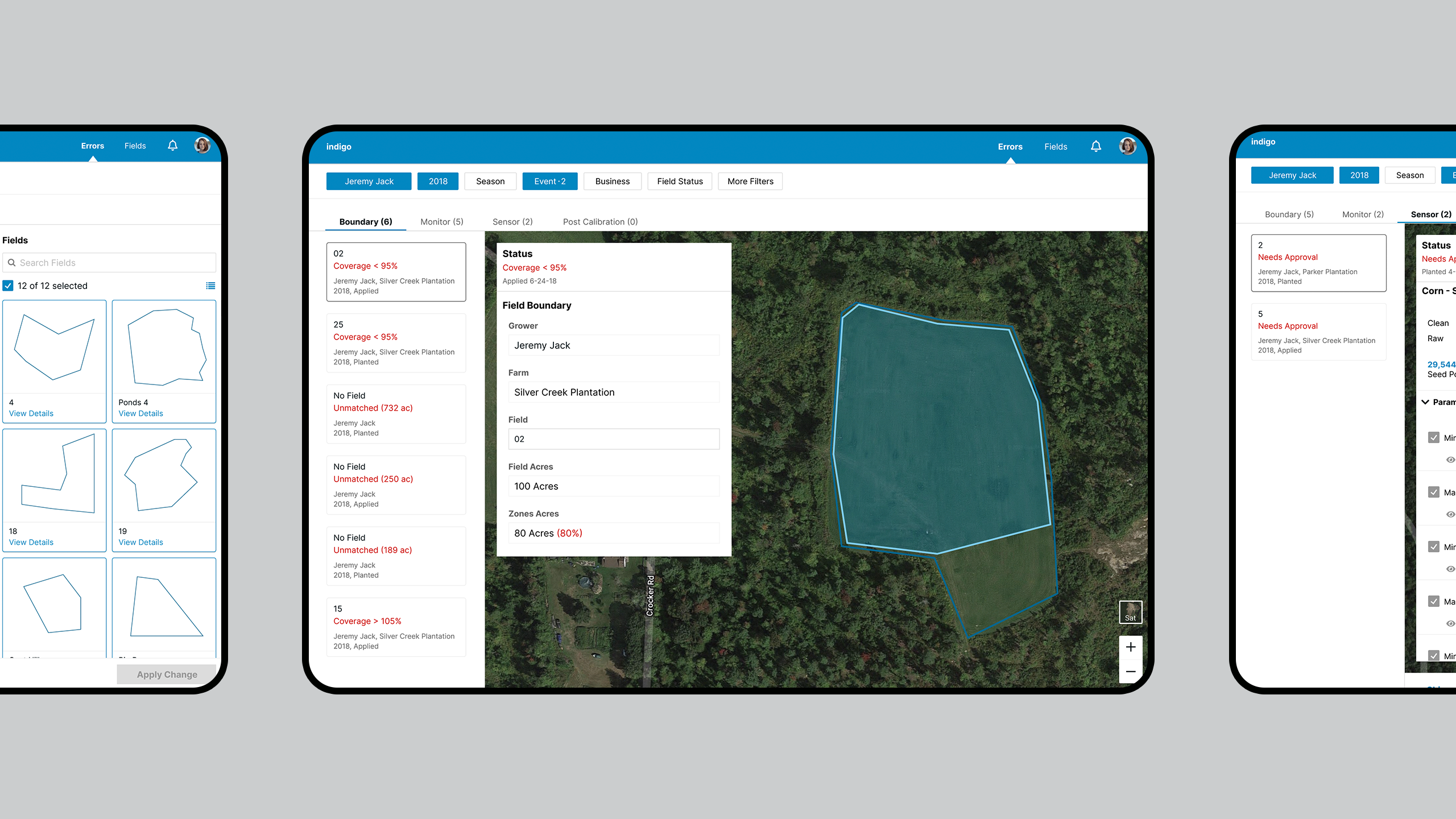
Supporting farmers every step of the way
Indigo marketplace
Indigo Marketplace helps growers navigate the grain market with confidence. It helps buyers access high-quality, identity-preserved crops that meet their specifications. Buyers on this platform are able to source grain with a range of characteristics (eg. protein content, milling quality, variety), and production practices (eg. organic, rain-fed, non-GM). Growers are able to access a suite of tools and services to support their grain marketing efforts. Transacting digitally, both growers and buyers can increase efficiency and access a larger market through Marketplace.
DEPT® worked with the Indigo team to design and build the company’s Marketplace digital platform, which helps better connect farmers with buyers.

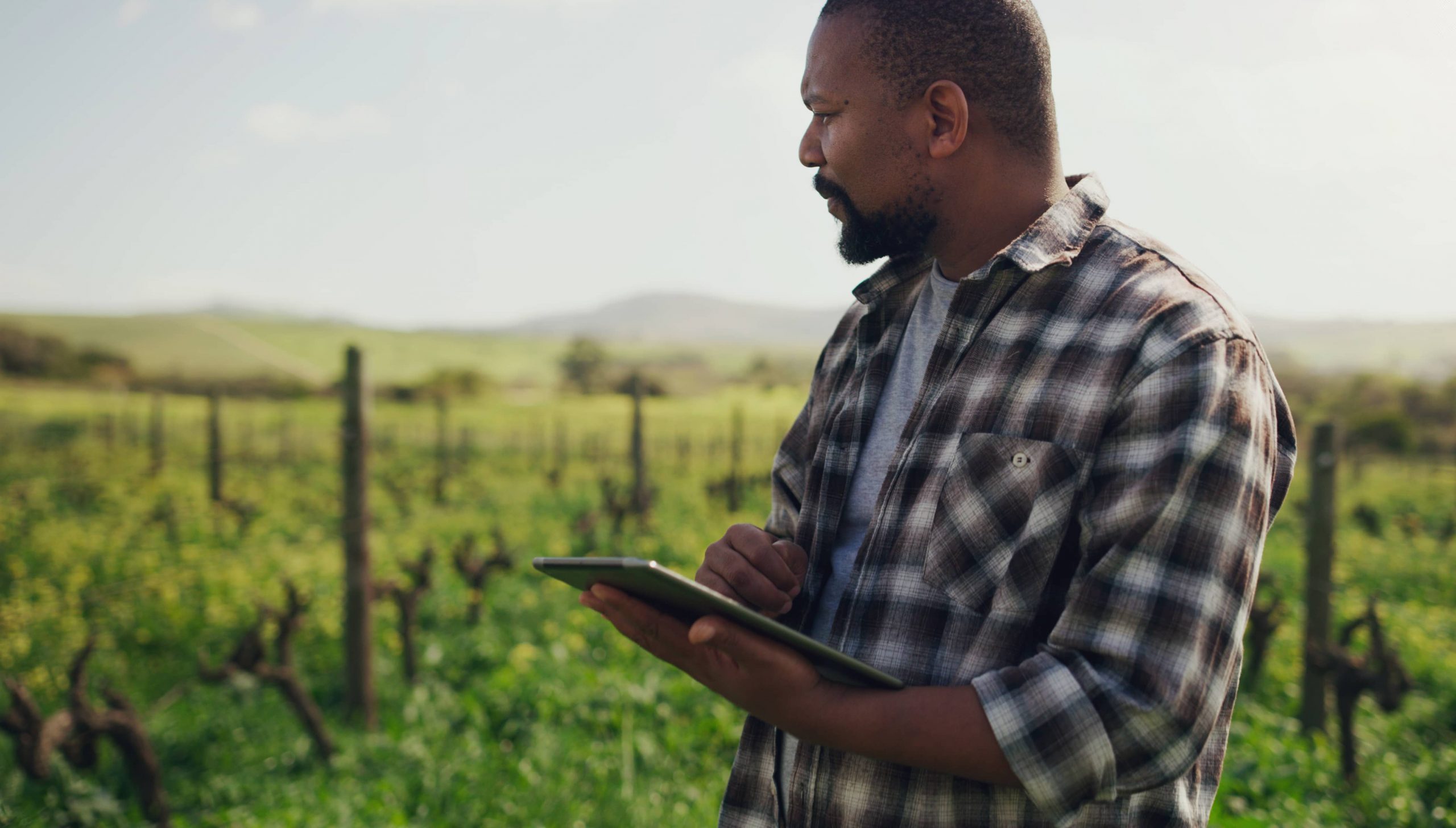
Indigo transport
Once Indigo Marketplace was in place, crops still needed to be transported from point A to point B. DEPT® helped Indigo build Indigo Transport to pair growers and grain buyers with carriers (trucking companies), for the efficient transport of grain. Growers can opt to leave the hassle of logistics to Indigo Transport while carriers experience a seamless and supported way of finding new loads.
Beginning with just the idea of building an ecosystem to help farmers ship grain more economically, the DEPT® team worked with Indigo to launch the minimum viable product (MVP) for Transport in just four months. Indigo worked with DEPT® to launch Transport with an app focused on owner-operated trucking companies, while continuing to conduct user interviews to learn about what was and wasn’t working.
A key learning when rolling out the MVP for owner-operators was that other personas outside of the initial set could use and get value from the system. As part of a 5-day design sprint led by DEPT®, several other critical personas were identified within the shipping ecosystem that could be supported by Indigo Transport, including dispatchers managing fleets of trucks, shippers managing other agricultural commodities that need to be delivered, and individual drivers delivering the necessary loads. To better serve a range of users, DEPT® worked with the Indigo team to build out the app to fit these different personas in the transport journey.
Today, growers can select to use transportation services when transacting grain on the Indigo Marketplace app. Should they choose this option, their shipment is displayed in the Transport app so that carriers can see the load opportunity. The Transport app includes portals for shippers to input their needs into the system, and the carrier app is geared towards those transporting grain.
Indigo also partnered with DEPT® to help create a custom solution for farmers to quickly and painlessly settle complex contracts. The teams worked to design custom back-office tools to support Indigo’s accounts receivable and accounts payable teams.
Supporting all of this is a powerful platform that orchestrates the logistics to make sure crops are delivered to the correct place, on time, and in a compliant manner. With Indigo Transport, carriers can expand their business opportunities through easier access to more loads, and farmers and shippers can deliver grain with more confidence.
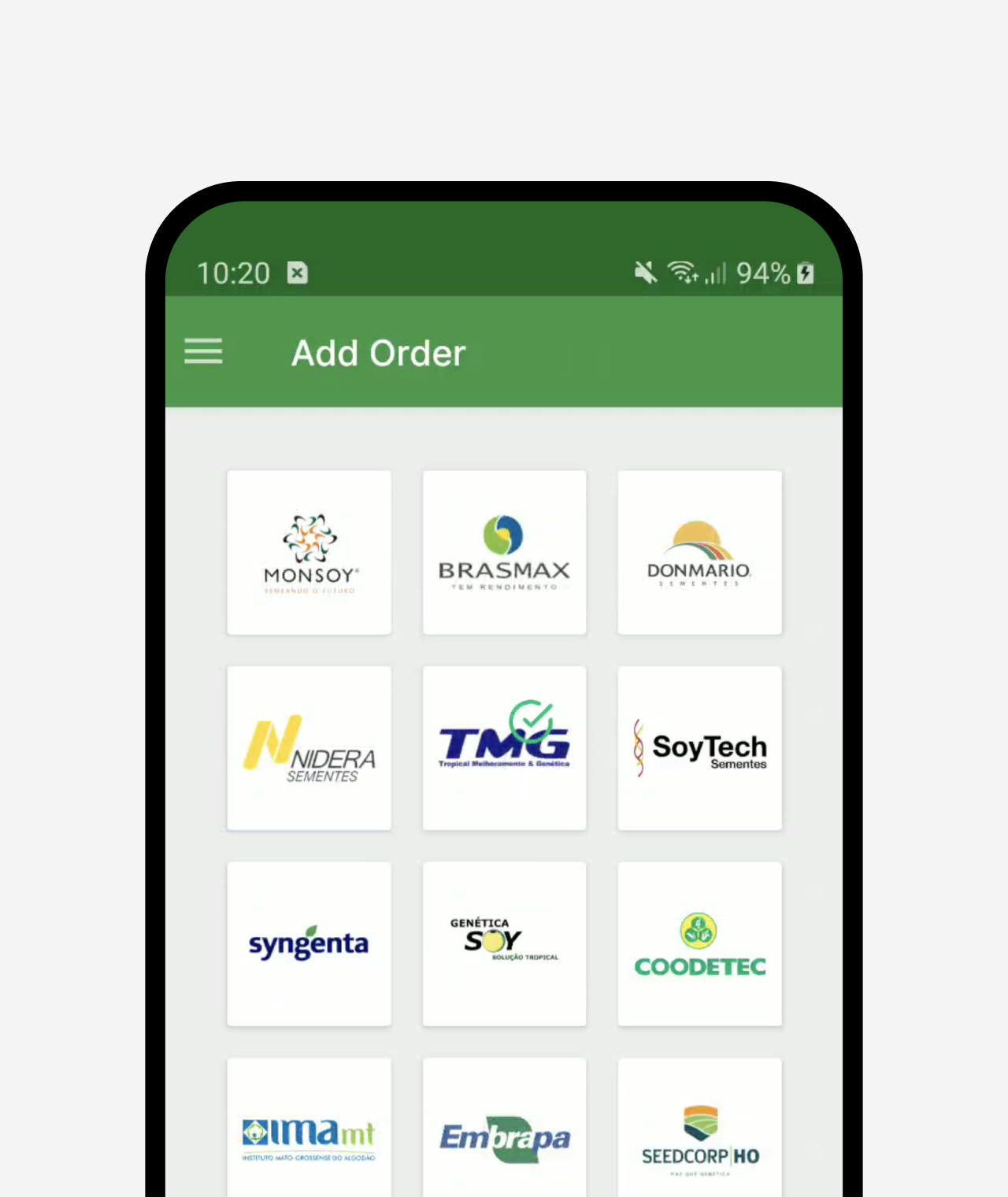
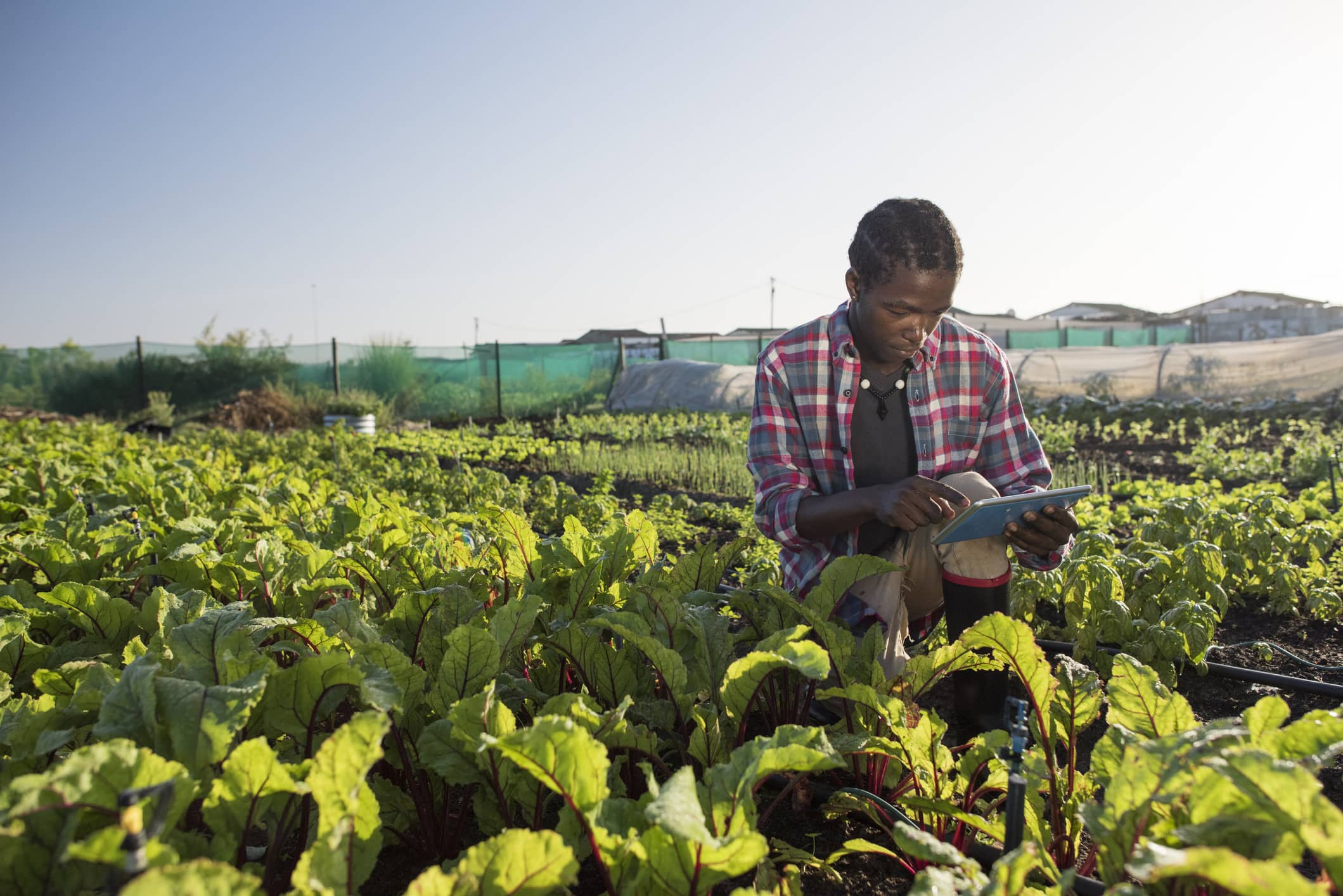
Planning for the future
Indigo is continuously capturing data from fields around the world in order to research how current crops are performing given a variety of factors, such as drought, extreme heat, insects, poor soil, etc. This data comes from many sources, such as drone and satellite imagery, data directly from combines or from their own agronomists collecting results. All of this information is funnelled into a Machine Data Factory (MDF) that helps Indigo’s scientists have an overview of crop performance across the world, in addition to helping inform how to bring new products to the market.
The company needed to be able to track this data and easily visualise what was and wasn’t successful, while ensuring the privacy of the company’s customers. Our team of specialists assisted with building the front-end of this database, a user interface that allows employees to interact with the anonymised data. The users get details about any tests that were performed and the current status of a particular field. This allows Indigo scientists to easily see which experiments performed well and which didn’t on a global scale.
Results
From grain bidding to transport to payment for crops, DEPT® has supported Indigo to build multiple apps and platforms.
Within the first few months, Indigo Marketplace saw significant traction with thousands of growers and buyers utilising the platforms. In January 2019, Indigo Marketplace saw $4B in average daily bids over a 30-day period. In December 2019, average daily bids hit $51B over a 30-day period, a 1175% increase.
Today, at every step of the way, farmers have more options, processes are more efficient, and Indigo scientists have more information at their fingertips to help drive future innovations in agriculture that will be critical to feeding people for years to come.


